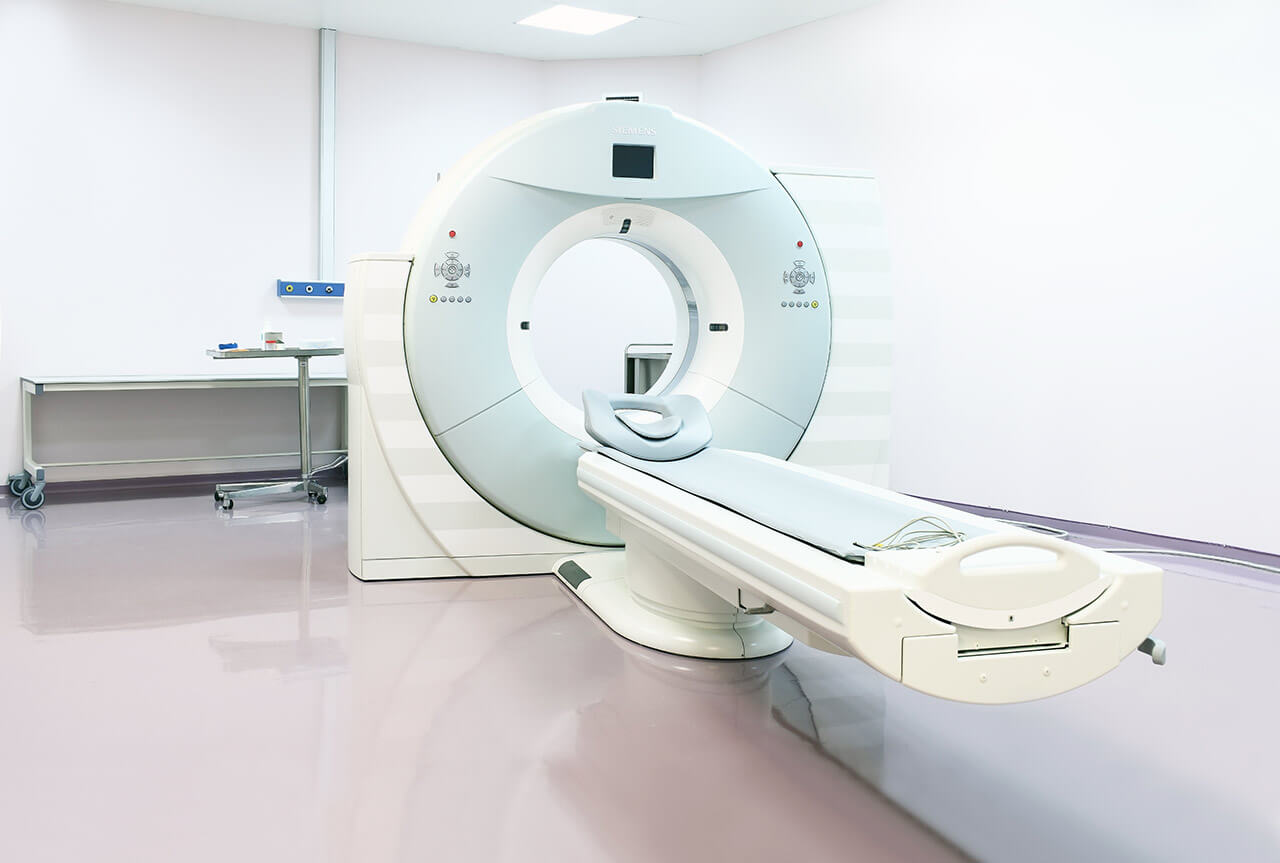
About the Department of Oncology and Hematology at Asklepios Hospital Barmbek Hamburg
The Department of Oncology and Hematology at the Asklepios Hospital Barmbek Hamburg provides the full range of medical services for patients with malignant solid tumors and malignant pathologies of the hematopoietic system. The main areas of specialization include the treatment of colon, stomach, lung, liver, pancreatic, and female and male reproductive system cancers. The doctors have vast experience treating patients with leukemias, lymphomas, and plasmacytomas. The department's oncologists use in their work modern and highly effective treatment methods such as chemotherapy, immunotherapy, antibody therapy, hormone therapy, and others. In many cases, patients with cancer require surgery, for which surgeons are responsible. Palliative care is available for patients with terminal cancers, and experienced psycho-oncologists regularly hold group and individual sessions. In cooperation with radiologists, the department's oncologists perform innovative image-guided therapeutic procedures, including transarterial chemoembolization (TACE), embolization, ultrasound-guided radiofrequency ablation, and chemosaturation. The department is certified by the German Cancer Society (DKG). This certificate is an indicator of excellent medical care provided to patients with oncological diseases. The department is headed by Prof. Dr. med. Axel Stang.
One of the priority focuses of the department's team of oncologists is the diagnostics and treatment of liver cancer and liver metastases of tumors in other localizations. An interdisciplinary team consisting of oncologists, interventional radiologists, gastroenterologists, and surgeons takes care of patients with such a diagnosis. The joint analysis of the patient's clinical case allows the specialists to develop the most effective treatment regimen, which includes sparing therapeutic procedures if possible.
The department offers the widest range of therapeutic options for the treatment of liver cancer and liver metastases. In the early stages of cancer, if liver function is preserved, doctors recommend surgery to totally remove the malignancy. If surgery carries high risks, ultrasound-guided radiofrequency ablation may be performed. In advanced stages of liver cancer, the above-mentioned methods are ineffective, but the patient may undergo transarterial chemoembolization (TACE), the essence of which is the placement of emboli (microspheres) with chemotherapy drugs into the lumen of blood vessels supplying the tumor. As a result of the TACE procedure, the tumor is deprived of blood supply, which leads to its death. Additionally, a high dose of chemotherapy drugs is delivered to the cancer focus to destroy the remaining malignant cells. To treat multiple liver metastases, the department uses tyrosine kinase inhibitors, which block the growth of cancer cells. In cases of extensive metastasis, patients receive palliative therapy to alleviate symptoms. Metastasis surgery is also available here.
Oncologists regularly admit patients with lung cancer. Surgery can be performed to treat the early stages of the disease. Thoracic surgeons use only modern and effective surgical techniques. Treatment methods for lung cancer also include endoscopic interventions (for example, video-assisted thoracoscopic surgery), radiation therapy, chemotherapy, or combined chemotherapy with CT-guided radiofrequency ablation. Treatment of lung metastases can be carried out using drug therapy, laser techniques, or surgery. In some clinical cases, CT-guided radiofrequency ablation may also be used to remove lung metastases.
The specialists at the medical facility successfully deal with the treatment of many other cancers. Comprehensive therapy for colon, stomach, esophageal, pancreatic, breast, uterine, ovarian, prostate, kidney, and bladder cancers is carried out here. The department also has impressive experience treating patients with cancer of unknown primary. Optimal treatment methods are individually selected for each patient depending on the type of cancer and the stage of the disease. As a rule, the first-line treatment is surgical resection of the neoplasm. Oncologists complement surgical interventions with conservative methods, such as chemotherapy, hormone therapy, immunotherapy, antibody therapy, and targeted therapy. Of great importance is the emotional state of patients, so consultations with psychologists are also regularly held here.
Hematology is an important area of competence for the department's doctors. The department treats various hematologic diseases, but specialists most often deal with such severe oncological diseases as lymphoma, leukemia, and plasmacytoma. These pathologies are very rarely treated with surgery. In most cases, the optimal treatment is chemotherapy, sometimes in combination with targeted therapy. In some cases, the use of radiation therapy is also possible. A special type of therapy for hematologic cancers is a stem cell transplant, which is mainly used to treat recurrent and drug-resistant forms of the disease.
The department's range of diagnostic and therapeutic options includes:
- Diagnostic services
- Laboratory tests
- Imaging examinations
- Ultrasound scans
- Contrast-enhanced sonography
- Computed tomography
- Magnetic resonance imaging
- Mammography
- Endoscopic examinations
- Gastroscopy
- Colonoscopy
- Bronchoscopy
- Esophagoscopy
- Biopsy
- Therapeutic services
- Chemotherapy
- Radiation therapy
- Chemoradiation therapy
- Targeted therapy
- Immunotherapy
- Monoclonal antibody therapy
- Hormone therapy
- Image-guided interventional procedures
- Radiofrequency ablation
- Transarterial chemoembolization (TACE)
- Embolization
- Chemosaturation
- Palliative care
- Other medical services
Curriculum vitae
Higher Education and Postgraduate Training
- 1996 Medical studies, University of Hamburg.
- Admission to medical practice.
- Thesis defense, Charite University Hospital Berlin.
- Internship, Houston Cancer Center, USA.
- 2005 Board certification in Internal Medicine, Asklepios Hospital Barmbek Hamburg.
- 2017 Habilitation and Venia Legendi, Semmelweis University in Budapest.
Professional Career
- Senior Consultant in Hematology, Oncology, and Stem Cell Transplantation, Asklepios Hospital Altona Hamburg.
- Since 2010 Head Physician, Department of Oncology and Hematology, Asklepios Hospital Barmbek Hamburg.
- Since 2015 Head Physician, Asklepios Hospital Barmbek Hamburg.
Memberships in Professional Societies
- Working Group on Internal Oncology of the German Cancer Society (AIO).
- Working Group on Interventional Sonography.
- German Society of Hematology and Oncology (DGHO).
- German Society of Internal Medicine (DGIM).
- German Society of Palliative Medicine.
- German Society of Ultrasound in Medicine (DEGUM).
- European Society for Medical Oncology (ESMO).
- Chairman of the Working Group of Internists of Hamburg for Sonography (ASHI).
Photo of the doctor: (c) Asklepios Klinik Barmbek





